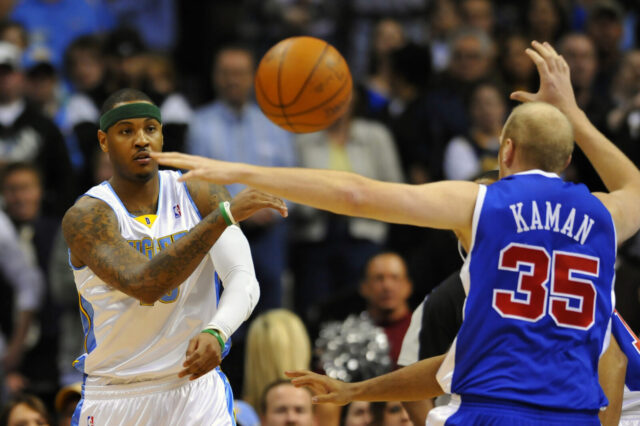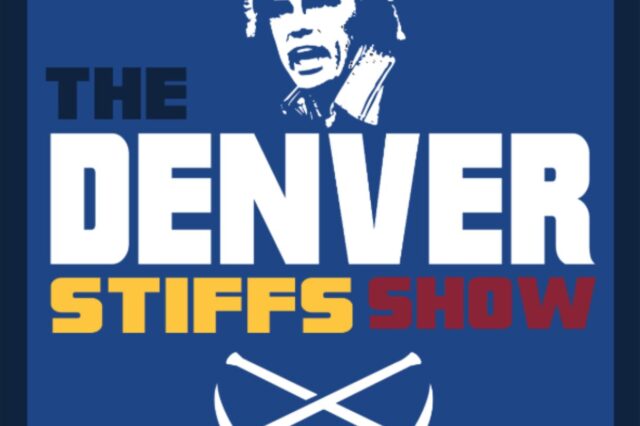A troubling theme has begun – OK, this is beyond a beginning – to show up for the Denver Nuggets this season. Face off against a playoff team from last season, play them tough, have a lead late in the fourth quarter, and then “find” a way to lose. The prevailing sense around this blog is the blame for these losses lie solely at the feet of head coach Michael Malone, or at least at his late game roster management. While there have been injuries as a mitigating factor, the general consensus is that Malone has at best struggled with his substitution patters, and, at worst, has outright cost the team games.
I want to explore this idea a bit more. Before I go any further down this path, though, I want to make clear that these are my opinions. Any poster here is free to express whatever opinion they believe, as long as they do so in a civil manner. So, I don’t want to talk about specific players closing. Instead, I want to briefly touch on the thought that Malone’s substitutions – or lack thereof – have brought on losses; that a different decision by the coach could have guaranteed a Nuggets victory. We simply cannot know this. We can’t know that playing this player over that player, giving this player more of a rest, or any other change, will change losing to winning, or visa versa. This is especially true for the current iteration of the Denver Nuggets, where the difference in skill and potential impact between the top player and player number 10 in the rotation is so extremely narrow. It’s not like the coaching staff is deciding to play Iman Shumpert over LeBron James long minutes to close games.
With all that being said, it is the job of the coach and his staff to put the individual players, and the team as a whole, in the best possible position to succeed. For a coach like Steve Kerr or Tyronn Lue, the end of games are pretty straight forward. When you have three to four of the best players in the world at your disposal, you put them on the floor at crunch time. You know this going in, and that makes your decisions on how to manage minutes through the rest of the game much more clear. Coach Malone doesn’t have such a clear cut closing lineup. He heads into most games with the plan for almost all positions on the court of having the “hot hand” close the game. And sometimes, this leads to him overplaying certain players and lineups to close out games.
We constantly hear that talented depth is a good problem to have. It is. However, when the talent you have as depth is nearly as talented as the talent you have starting, then it is certainly a viable option to have your lineups dictated by who individually or as a unit is playing well. In fact, it makes sense. If you don't have a stand out player, then you want to play the player, or players, who are outstanding in that game to play the most. When you mix in the number of injuries the Nuggets have already dealt with this year, this becomes even more true. All of this makes sense, but what has been happening all too often is we've seen Malone take this rational idea to the extreme, to the point where it becomes almost irrational.
Malone has a really tough job, but he could be doing a better job, also. I believe he's hoping that a closing lineup develops organically. I believe he thinks that by mid December, the players who need to be out at the close of games night after night will be clear solely based on play on the floor. In a vacuum, this is laudable. We all want our sports to be a meritocracy – earn it with your play. I think that Malone could benefit, however, from setting a closing lineup (with the idea that it's not set in stone). He could then do a better job of planning minutes for those players. A lot of what I think is happening is that Malone sees a lineup playing really well to start the fourth quarter, and wants to ride it. I think he also loses track on how long those said lineups have played straight (some assistant should remind him). If he knew who was going to close the game going in. he wouldn't have this issue nearly as much.
Right now, Malone is fighting himself. He needs to give himself the tools for success that he demands of himself when giving them to his players.


